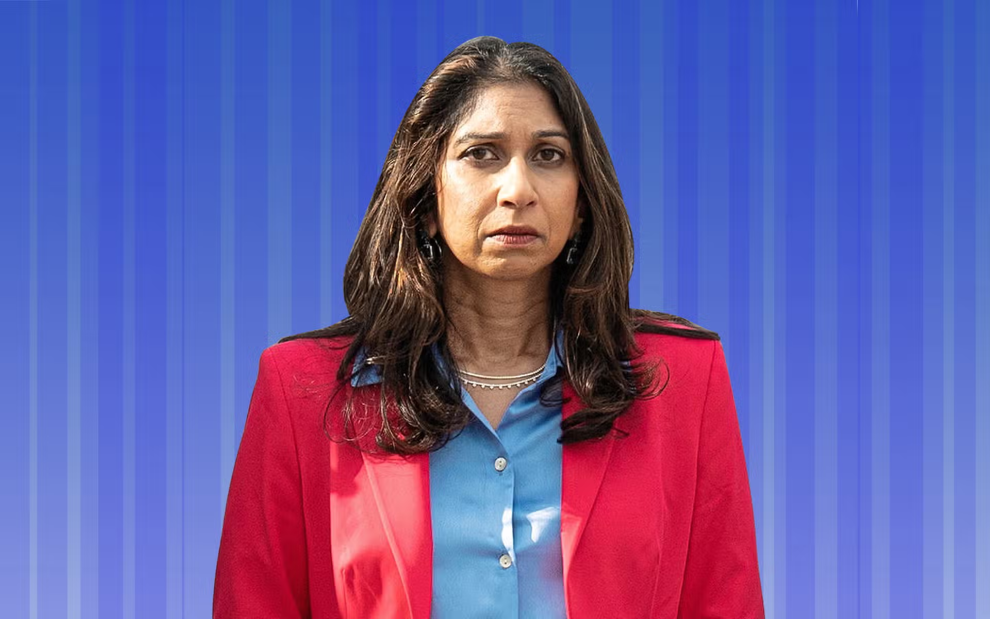PRIME MINISTER Rishi Sunak has wielded the axe, removing Suella Braverman from her post as Home Secretary. This move marks the second time Braverman has faced dismissal from this crucial position, further shaping the cabinet that is likely to spearhead the upcoming general election anticipated within the next 12 months.
The announcement came earlier today, with Braverman being asked to step down by Sunak, setting the tone for what promises to be a significant reconfiguration of the government. This decision comes amidst a backdrop of heightened political tension, stirred by Braverman’s recent controversial newspaper article criticising the Metropolitan Police’s handling of a pro-Palestinian march on Armistice Day.
In response to her dismissal, Braverman issued a statement, saying, “It has been the greatest privilege of my life to serve as Home Secretary. I will have more to say in due course.” It is worth noting that Sunak had previously reappointed her less than a week after taking office as Prime Minister.
The Conservative Party’s social media channels conveyed that Sunak’s reshuffle is designed to fortify the government team for making strategic, long-term decisions aimed at securing a brighter future for the nation.
Adding a layer of intrigue to the unfolding political drama, former Prime Minister David Cameron was observed entering Downing Street shortly after the reshuffle commenced. The nature of his involvement remains shrouded in mystery, sparking speculation and interest among political observers.
Braverman’s removal follows a week of controversy surrounding her critique of the Metropolitan Police, accusing them of “playing favourites” in handling the Armistice Day march. The Prime Minister faced mounting pressure to act, with critics, both from opposition parties and fellow Conservative MPs, condemning Braverman’s comments as “offensive” and “inflammatory.”
Over the weekend, clashes between far-right protesters and the police in Westminster, alongside arrests at pro-Palestinian marches, added fuel to the already fiery debate. In a notable trend, key figures within the government, including Defence Secretary Grant Shapps, Chancellor Jeremy Hunt, and Armed Forces Minister James Heappey, have distanced themselves from Braverman’s remarks.
The move, though applauded by some quarters, has drawn ire from within the Conservative Party. Tory MP Andrea Jenkyns voiced her support for Braverman, deeming her dismissal a “bad call by Rishi caving in to the left.”
In addition to Braverman’s removal, a notable number of junior ministers bid farewell to their government roles. Nick Gibb, with a decade-long tenure in the Department for Education, announced his standing down, while Neil O’Brien sought a return to the backbenches from his role as a junior minister in the Department for Health and Social Care.













